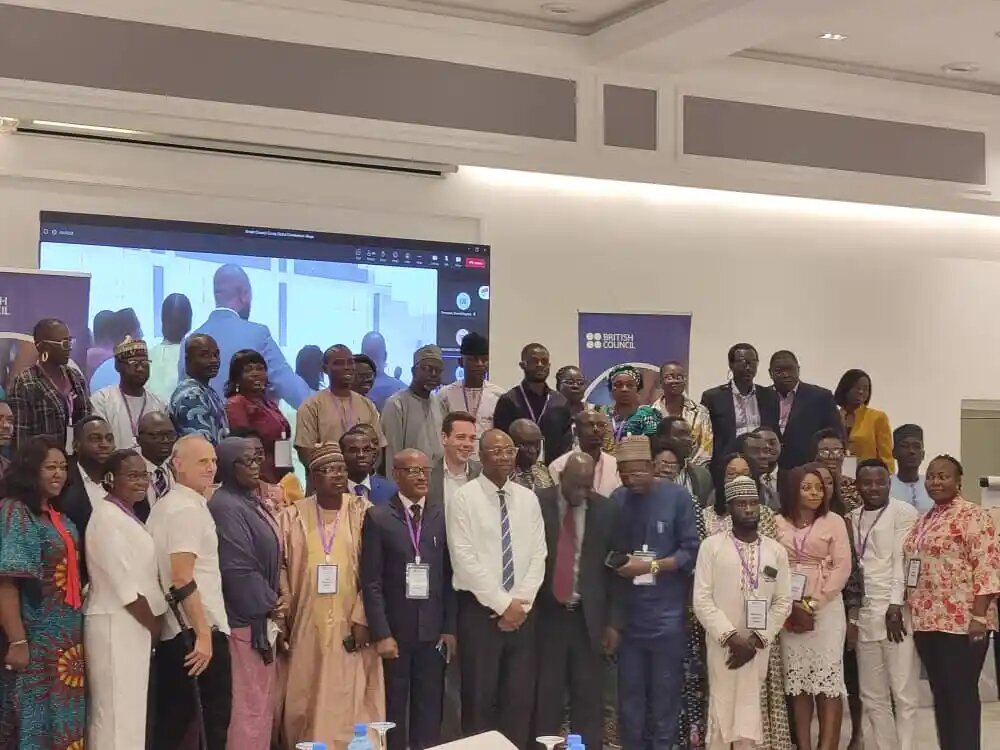The Senior Education Advisor at the British High Commission, Attfield, In a bid to foster innovation-driven growth within Nigeria’s education sector has emphasized the critical need to address gaps hindering entrepreneurship in universities. Attfield’s assertion, shared during a recent training event organized in Abuja, underlines the potential for incremental innovations that can elevate the nation’s education landscape to new heights.
Speaking at the training themed “Effective National System of Innovation in Nigeria,” Attfield highlighted the abundance of skills and talents within Nigeria, ripe for harnessing innovative solutions to tackle the country’s challenges using indigenous models.
Attfield underscored the potential for Nigeria to leapfrog and adopt innovative strategies, drawing parallels to the nation’s shift from landlines to mobile and digital systems. He emphasized that the UK’s blueprint shouldn’t be replicated verbatim, but rather adapted to Nigeria’s unique context.
Pointing to issues like climate change, flooding, demographic pressures, and energy scarcity, Attfield stressed that these challenges, distinctive to Nigeria, could be best addressed by leveraging the talents and capabilities of the country’s populace.
Prof. Temitayo Shenkoya, the Director of Higher Education at the British Council, echoed Attfield’s sentiment by highlighting the lack of communication among stakeholders as a major issue in Nigeria’s education ecosystem. This communication gap has resulted in the rejection of Nigeria’s curriculums. To bridge this gap, the training aimed to foster dialogue, networking, and collaboration among key players in the sector.
Representing the Federal Ministry of Education, Andrew Adejo, the Permanent Secretary, expressed the program’s objective of enhancing relationships and connections within Nigeria’s innovation ecosystem. The aim is to embrace innovation as a continual learning process that requires exploration, experimentation, and constant improvement.
Prof. Yakubu Ochefu Aboki, the Secretary-General of the Association of Vice-Chancellors of Nigerian Universities, emphasized the urgent need for increased funding in research and development within the nation. Aboki highlighted that global best practices recommend allocating at least 1% of the national GDP for research; however, Nigeria’s current funding allocation falls short of this benchmark. He expressed optimism that the government would recognize the substantial impact of research and innovation and allocate appropriate resources.









